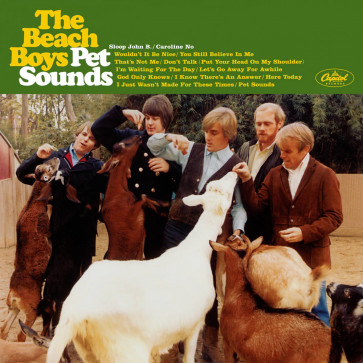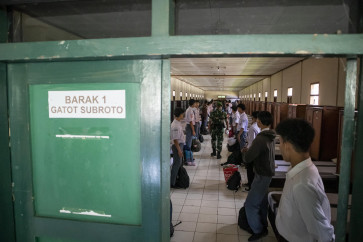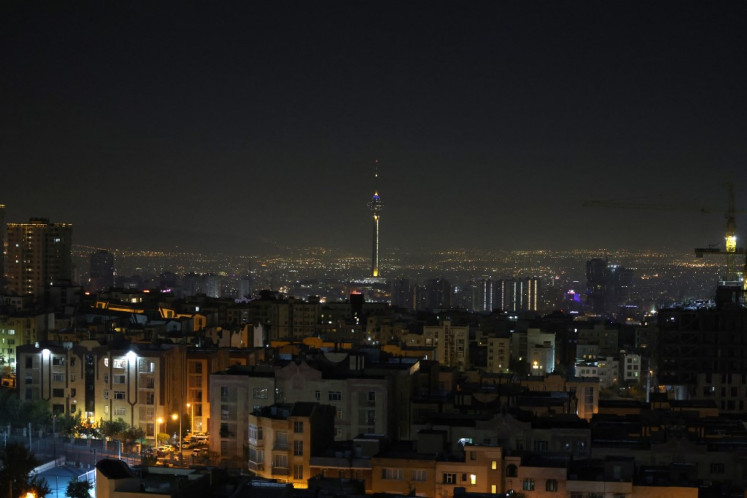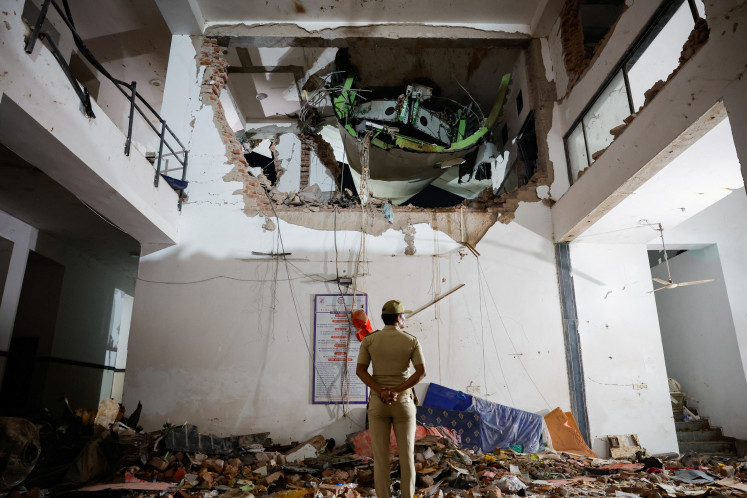By the way…You’ll never walk alone
The year was 2010, I was 20 years old and I was a lost sheep
Change text size
Gift Premium Articles
to Anyone

The year was 2010, I was 20 years old and I was a lost sheep.
I was just coming to terms with the fact that I was gay — after so many years disguising myself as a straight man and three years pretending to be a bisexual.
Simultaneously, I faced harsh rejections from my conservative Christian family, who never liked me in the first place.
My parents were dysfunctional and so my grandparents took care of me.
I, unfortunately, had to endure intense hatred from one of my aunts, who never liked me since the day I was born because she transferred her hatred for my father, her older brother, toward me.
She had no empathy for the fact that I was also a victim to my father’s abuse and neglect. He also abused my mother physically, causing my mother to abandon me forever to forget memories associated with him.
It did not help that physically I looked like my father and this aunt had continuously hurled verbal abuse at me since I was a kid: that I was an idiot, a pansy, a loser, a lazy cow, a crap eater, socially retarded and, when she finally discovered I was gay, that F-word: faggot.
“If you wanted to be a girl, just tell me then I’d dress you in drag costume and kick you out of the house to busk there!” she yelled harshly at me when I was 5, upon discovering I was effeminate.
Her harsh remarks kept coming until I was 20.
One day in 2010, she went with my grandmother and I to a morning church service. I still went to church every week in my adolescent years before journalism turned me into a heathen.
We always went to church together. It seemed like she forced me to go with her because she needed an emotional punching bag and, too scared to say no to her, I complied anyway.
She ordered me to check with the church what time the second morning service would be conducted. Too lazy to do it, I decided to rely on my feeble memory and said it was 9:30 a.m.
It turned out that the second morning services were always held at 9 a.m. Upon discovering that we arrived at the church 30 minutes late, her facial expression turned deadly.
After the service ended, as we walked into her car, she yelled at me with her voice set in a rageful tone.
“We’re late and it’s all because of you! What a stupid, stupid person! If you are such an idiot in doing the practical things in everyday life, you’re doomed to failure at work and in life!”
My grandmother, already familiar with her youngest daughter’s fits of rage, remained dumbfounded as she walked on our side.
I used to be a stoic kid and swallowed her curses like a pro, even when she told me my body stank like crap while banging on her steering wheel a few months earlier. That day, however, I felt so upset about her anger.
I was an orphan whose parents were too dysfunctional to take care of me. I had a rough time in college with so many friends leaving me and so many popular students dissing me for being the professor’s pet who studied all the time. I was disliked by so many people for being a socially awkward nerd. I never felt so alone in my life.
Later that night, I held a Bible on my lap. Even in my college years I already recognized how organized religions like Christianity could be so corrupt and abusive. Yet, there were aspects of the religions that I loved and still love, including their messages of faith.
So, I listened to Indonesian church singer Herlin Pirena sing a hymn called “Dalam Rumah Bapaku” (In My Father’s House). The song gave me faith.
The hymn suggests that God’s compassion is infinite, far outweighing the human capacity for love, and that it’s possible still to access this timeless love through other humans even after we have faced so much hatred from people who are supposed to love us unconditionally.
God, in the human form of Jesus, according to the Christian faith, seems to be a compassionate fella, not the furious bigot who has condemned me and many other homosexual individuals to hell simply because of whom we fall in love with.
When I became a journalist I met Margaret “Maggie” Agusta.
She was not only my mentor; I trusted her with my secret stories, including the fact that I was gay and had absorbed society’s homophobia — ending up hating myself. She listened to me lovingly and helped me to accept myself.
Being rejected by several of my family members and constantly bullied at school, I was already used to perceiving myself as a disgusting person unworthy of love.
I believed that nobody would ever love me again, especially after my grandmother died in 2013. But Maggie surprised me. She showered me with the love I had never thought I would never experience again in my life. She taught me to accept and love myself, despite my biological makeup, being gay included. By doing so, she also taught me to open my heart, to love others unconditionally.
I began to realize that my gay identity should remain a footnote to my life, as Maggie’s son Paul — an openly gay man — also always tells me.
The most important thing in life is to have a capacity to love others and receive love in return, opening doors to many friends with whom I partake in a collective sisterly and brotherly love affair.
Maggie died in May at age 69. During her memorial service, a friend said that Maggie had served as a loving mother figure for so many lost children to whom families had turned their backs because these children failed to meet their expectations.
Many people are indeed rejected by society and even their families for failing to fulfill their families’ expectations or being born into a marginalized group.
Love, it turns out, is thicker than blood and stronger than societal ostracism. It extends itself beyond physical and communal boundaries and comes to you in unexpected places. Thanks to kind people like Maggie, people like us can still reclaim our homes after our origins have thrown us out.
I would forever be thankful to her for unlocking my frozen heart and learning to love again after so many years of being hurt.
My unexpected encounter with Maggie reminds me that love is always possible, no matter how lonely and unlovable you feel right now because perhaps you are born in the wrong gender, sexual orientation, or race.
Have faith and hang on for another day.
You will never walk alone. You will find love again. You just have to open your heart.
Indeed, on God’s Earth there are many mansions; you, too, will find your own rightful place in one.









